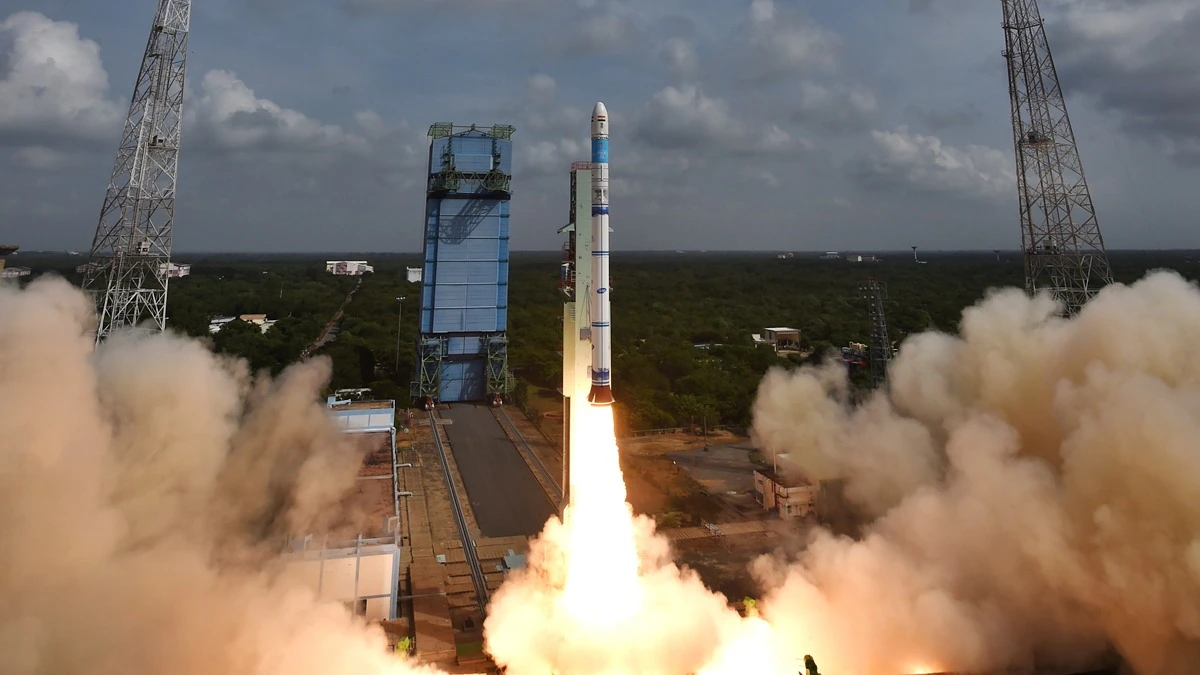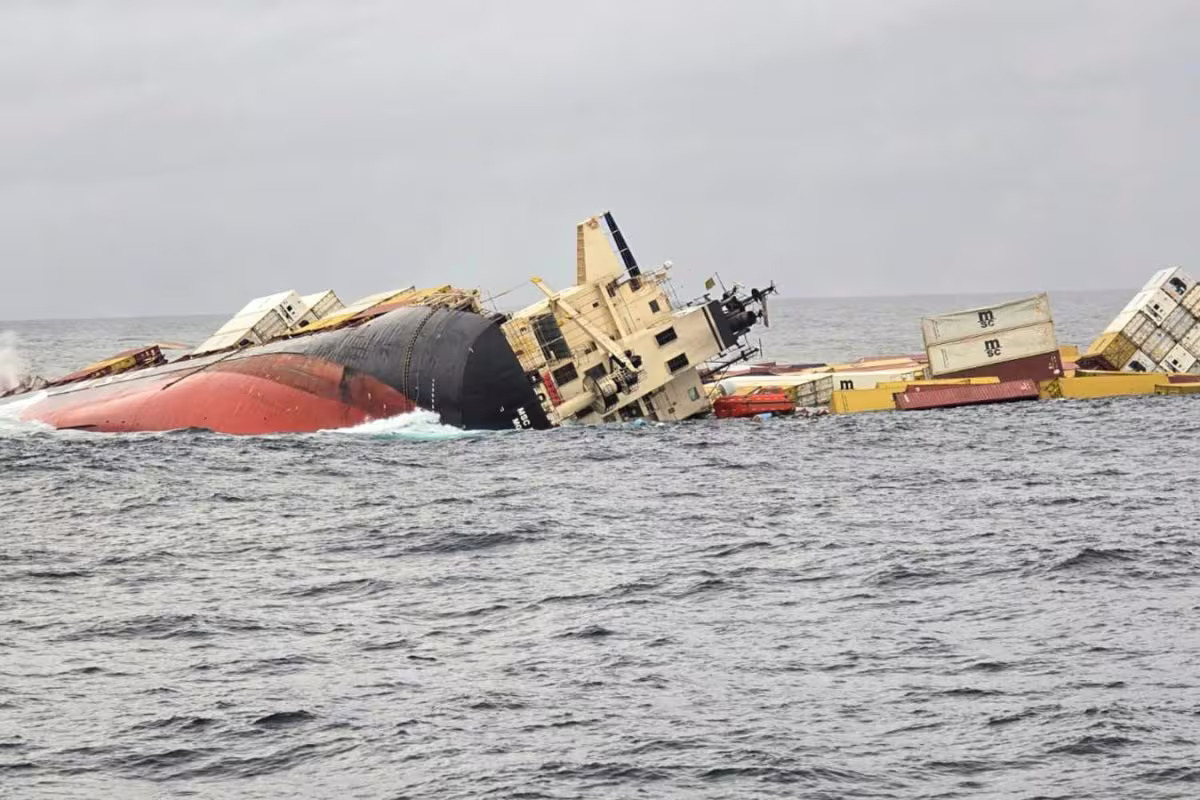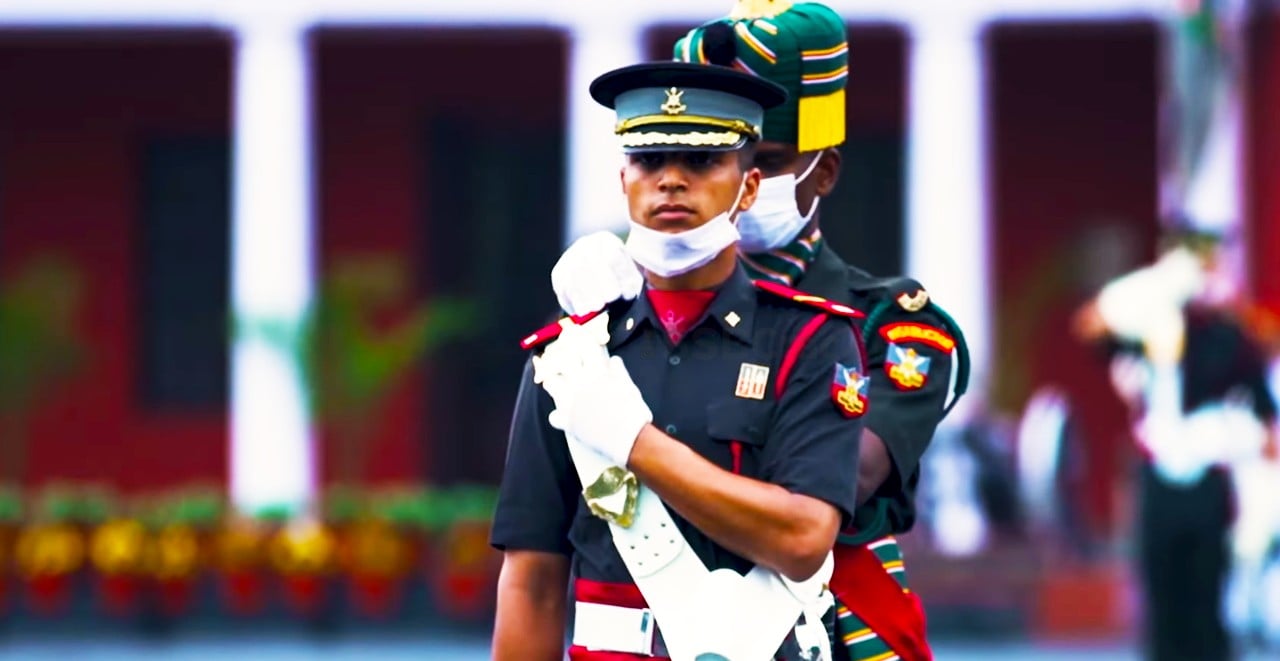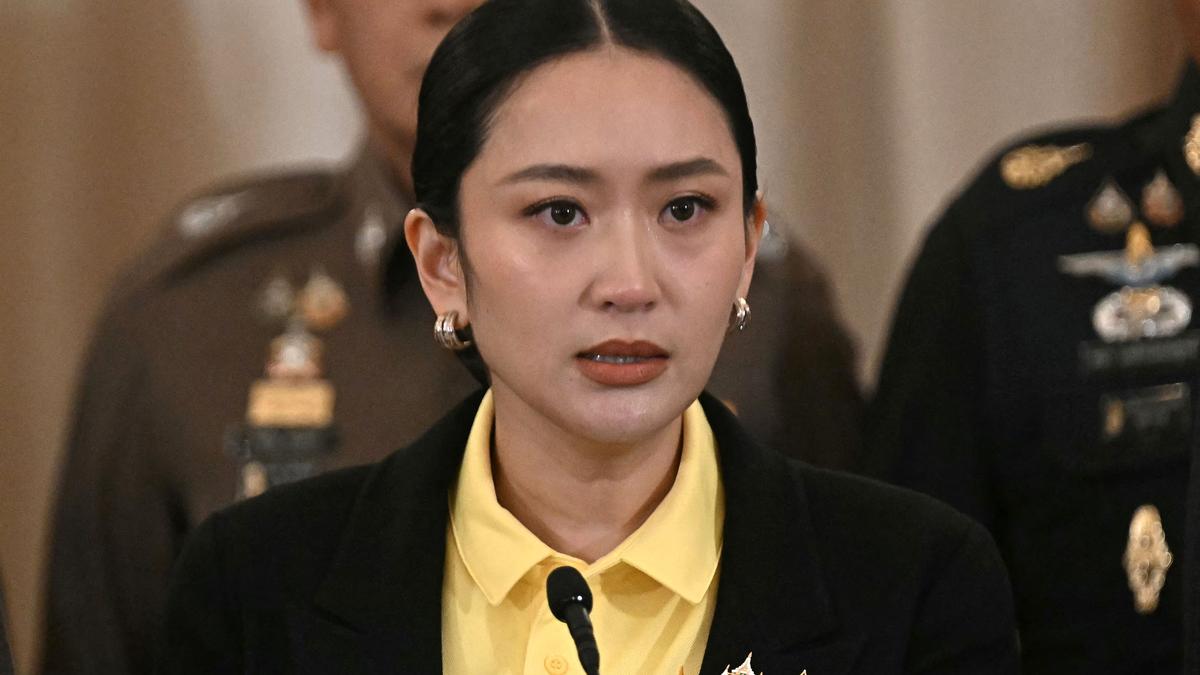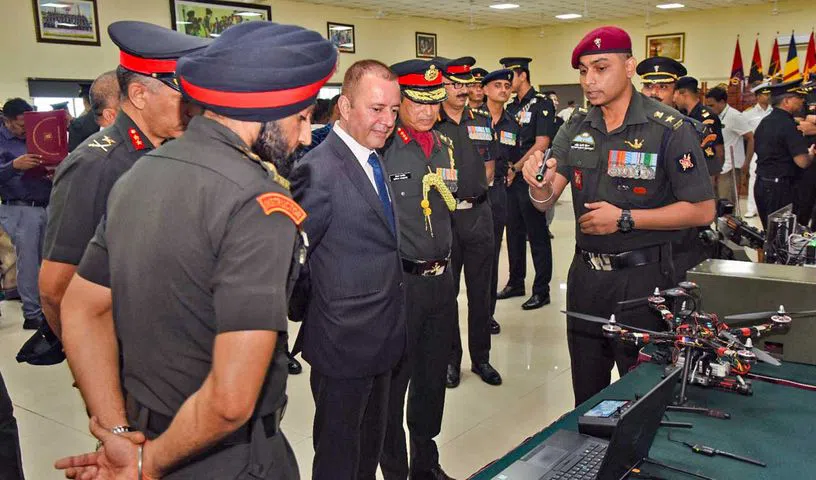HAL Wins Bid to Manufacture and Commercialise India’s Small Satellite Launch Rockets
Hindustan Aeronautics Limited (HAL) has secured the winning bid to manufacture India’s Small Satellite Launch Vehicle (SSLV), the Indian National…
Probe Launched into Suspected Use of Electromagnetic Weapons in Arabian Sea Ship Incidents
Central and international agencies have begun a detailed investigation into the suspected use of electromagnetic weapons in a series of…
CDS 1 2025 SSB Interview Dates Out For IMA-160 Course
The much-anticipated SSB interview dates for the IMA-160 course have finally been released. Candidates who have successfully cleared the written…
Intruders Caught with Fake Army IDs at MCEME in Secunderabad
A major security breach occurred at the Military College of Electronics and Mechanical Engineering (MCEME) in Secunderabad after unidentified individuals…
Thai PM Paetongtarn Shinawatra Seeks to Defuse Crisis After Leaked Call Sparks Coalition Rift
Thai Prime Minister Paetongtarn Shinawatra is expected to meet a senior army commander today in a bid to defuse a…
MCEME Awards BTech Degrees to TES-43 Cadets at 107th Convocation Ceremony
The Military College of Electronics & Mechanical Engineering (MCEME) celebrated its 107th convocation in Secunderabad on June 19, marking a…

